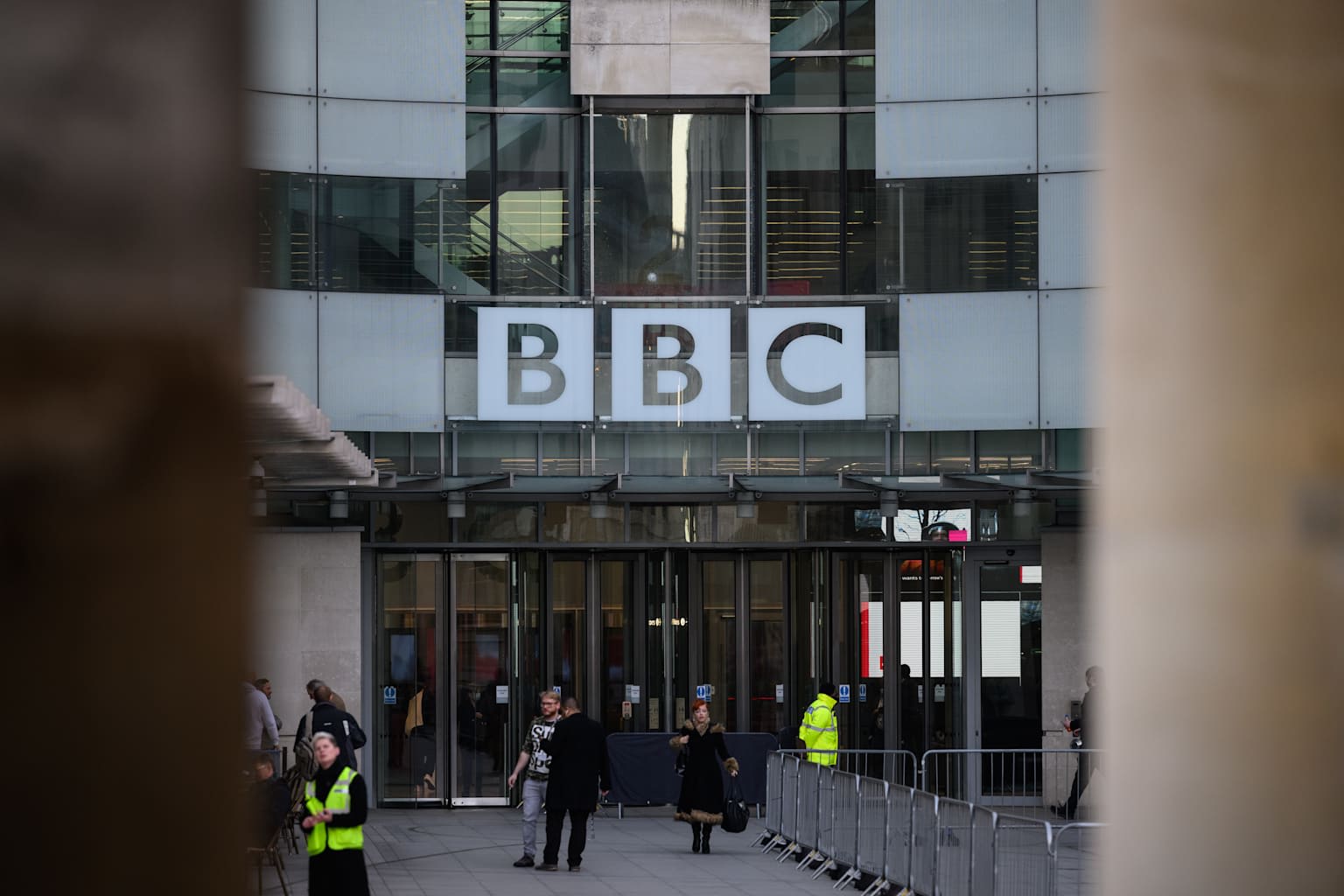- New Revenue Strategy
- Financial Pressures Drive Decision
- Global Expansion Context
The BBC launched its first paid subscription service for US audiences on Thursday, marking a pivotal shift for the British public broadcaster as it seeks new revenue streams beyond its traditional license fee model.
The service costs $49.99 annually or $8.99 monthly, providing unlimited access to news articles, feature stories, and a 24/7 livestream of the BBC News channel. The move represents the first time the corporation has directly charged international users for its news content, as it grapples with declining domestic revenue and intensifying competition from streaming platforms.

Rebecca Glashow, CEO of BBC Studios Global Media & Streaming, described the launch as "the next phase of that vision becomes reality" following three years of planning to reimagine content delivery to US consumers1. The subscription will expand "in the coming months" to include ad-free documentaries, films, and early access to podcasts1.
Non-paying visitors will retain access to select breaking news stories, BBC Radio 4 and World Service livestreams, and some free newsletters and podcasts1. The BBC's website attracts 139 million users worldwide, with nearly 60 million from the United States2.
The subscription launch comes as the BBC faces mounting financial challenges at home. The number of UK license fee payers fell by 500,000 last year as audiences migrated to Netflix and YouTube1. License fee revenue reached £3.7 billion in 2023, accounting for about 65% of the BBC's total income2, but the current fee of £174.50 annually has remained frozen through 20243.
According to The Guardian, senior BBC figures had been examining plans for US monetization as the broadcaster looks to boost "fragile finances"4. Executives believe the perceived polarization of US media, particularly during Donald Trump's second term, may create opportunities for the BBC's brand of impartial coverage4.
The BBC has doubled its journalist headcount in North America and appointed regional directors to oversee operations across six global regions this year12. Digital director Naja Nielsen previously told Press Gazette the broadcaster saw North America as a major growth opportunity, suggesting BBC journalism could serve as "an antidote to the disinformation that is really kind of free flowing in the American market"3.
The subscription model represents part of the BBC's broader commercial strategy, which includes the BritBox streaming service and its UKTV subsidiary, as profits from these operations help fund UK public service broadcasting4.



